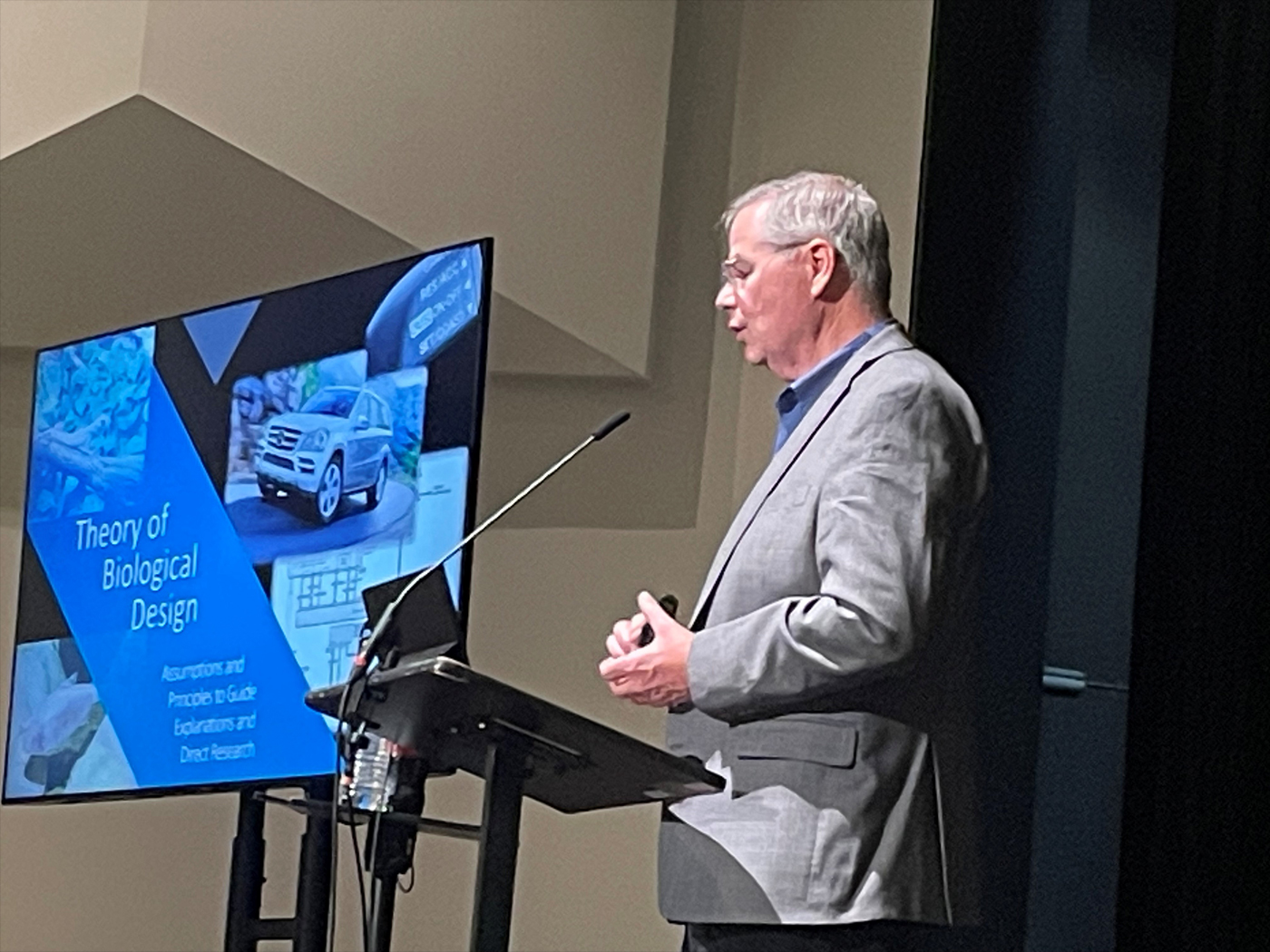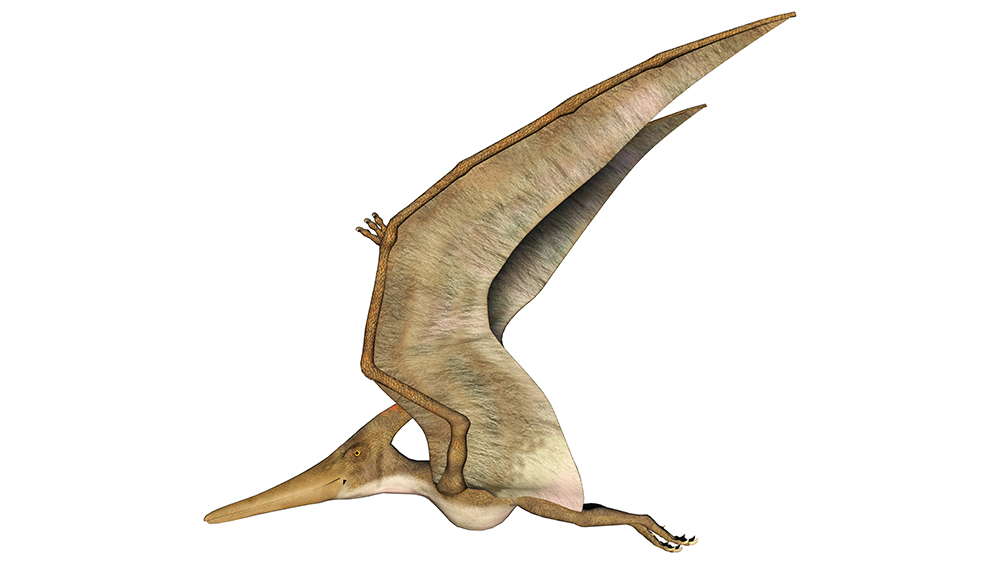by Jeffrey P. Tomkins, Ph.D., and Jerry Bergman, Ph.D.
In Journal of Creation 32 (2): 96-102, August 2018
Macroevolution requires that new developmental adaptations arise via random mutations that somehow provide a novel advantageous selectable trait. Developmental genetics research has documented that at the initial hierarchical levels of gene expression, it is nearly impossible to beneficially change the overall program by even single gene mutations without causing a major catastrophe. Another important aspect of the developmental genetics paradigm is the paradox of conserved protein sequence among top-level transcription factors combined with mutation intolerance. Extreme sequence conservation would seem to support common descent yet lack of mutability negates the fundamental mechanism of evolutionary change. In contrast, an Intelligent Design model predicts common code serving a general purpose in unrelated engineered systems.
Click here to read the full article text.











